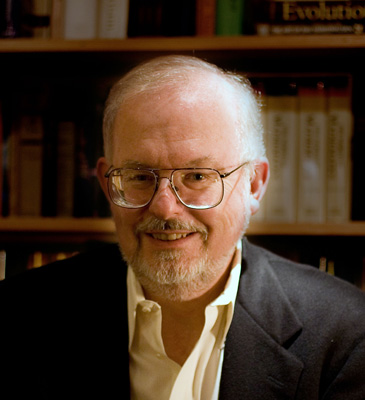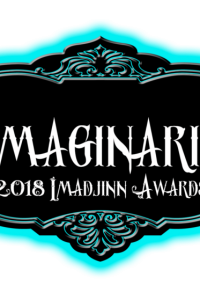Greg Bear (1951-2022)
 SF writer Greg Bear, 71, died November 19, 2022, after complications from heart surgery. He suffered a number of strokes during the procedure, and after a week in which it became clear he would not recover, he was taken off life support in accordance with his advance directive. Bear was the celebrated author of over 50 novels and almost as many works of short fiction, and was a pillar in the Seattle SF community, widely known for his kindness and generosity.
SF writer Greg Bear, 71, died November 19, 2022, after complications from heart surgery. He suffered a number of strokes during the procedure, and after a week in which it became clear he would not recover, he was taken off life support in accordance with his advance directive. Bear was the celebrated author of over 50 novels and almost as many works of short fiction, and was a pillar in the Seattle SF community, widely known for his kindness and generosity.
Gregory Dale Bear was born August 20, 1951 in San Diego, California, and attended San Diego State, earning an English degree. He became a full-time writer in 1975. That same year, Bear married Christina M. Nielson; they divorced in 1981. Bear married Astrid Anderson (daughter of writer Poul Anderson) in 1983, and they had two children: Chloe (born 1986) and Alexandra (born 1990).
His first published story “Destroyers” appeared in 1967, when he was 16. His 1982 story “Petra” was a Nebula and a World Fantasy Award nominee. Novella “Hardfought” (1983) won a Nebula Award and was a Hugo finalist, while novelette “Blood Music” (1983) and story “Tangents” (1986) each won both the Nebula and the Hugo. His short fiction has been collected in The Wind from a Burning Woman (1983), Early Harvest (1988), Tangents (1989), The Venging (1992), Bear’s Fantasies (1992), The Collected Stories of Greg Bear (2002), W3: Women in Deep Time (2003), and Sleepside: The Collected Fantasies of Greg Bear (2005).
His debut novel Hegira came out in 1979. Other novels are Psychlone (1979; as Lost Souls, 1982); Beyond Heaven’s River (1980); Strength of Stones (1981); The Infinity Concerto (1984) and sequel The Serpent Mage (1986); Hugo and Nebula Award finalist Blood Music (1985); Eon (1985) and sequel Eternity (1988); Hugo and Nebula Award nominee The Forge of God (1987) and sequel Anvil of Stars (1992); Hugo finalist Queen of Angels (1990) and follow-up /Slant (1997); Heads (1990); Nebula Award winner Moving Mars (1993); Legacy (1995); Dinosaur Summer (1998); Nebula Award winner Darwin’s Radio (1999) and sequel Darwin’s Children (2003); Vitals (2002); Dead Lines (2004); Quantico (2005) and sequel Mariposa (2009); Campbell Memorial Award finalist City at the End of Time (2008); Mariposa (2009); Clarke and Campbell Memorial Award finalist Hull Zero Three (2010) ; War Dogs (2014) and sequels Killing Titan (2015) and Take Back the Sky (2016); and The Unfinished Land (2021).
Other books include Foundation and Chaos (1999), his contribution to the David Brin/Greg Bear/Gregory Benford continuation of Isaac Asimov’s Foundation series; the Mongoliad trilogy (2012-2013), coauthored with Chloe Bear, Joseph Brassey, Nicole Galland, Cooper Moo, Neal Stephenson, and Mark Teppo; and Star Wars, Star Trek, and Halo tie-in novels.
Bear also did professional artwork, illustrating his own stories and those of other writers, and even producing some covers. He edited anthologies New Legends (1995, with Martin H. Greenberg), Multiverse: Exploring Poul Anderson’s Worlds (2014, with Gardner Dozois), and Nebula Awards Showcase 2015 (2015).
He was president of SFWA from 1988-90. In 2006, he received the Robert A. Heinlein Award for hard SF inspiring space exploration, presented by the Heinlein Society. He won the Forry Award for lifetime achievement, presented by the Los Angeles Science Fantasy Society, in 2017.
He is survived by his wife and children.
Tributes to Bear from friends and colleagues will appear in our January 2023 issue.
For more, see his entry in the Encyclopedia of Science Fiction.






